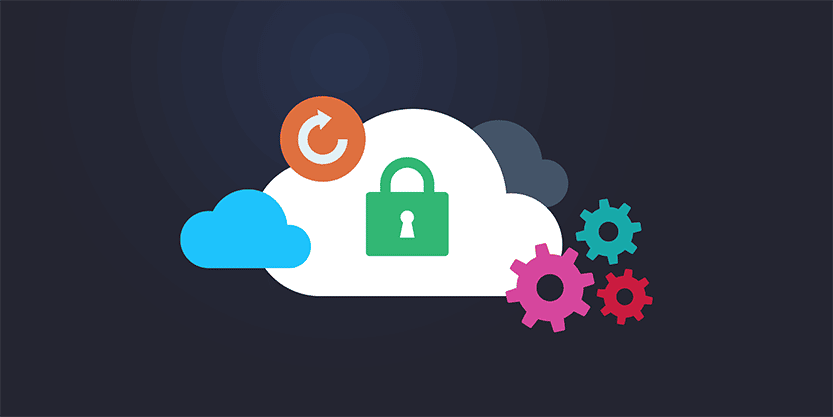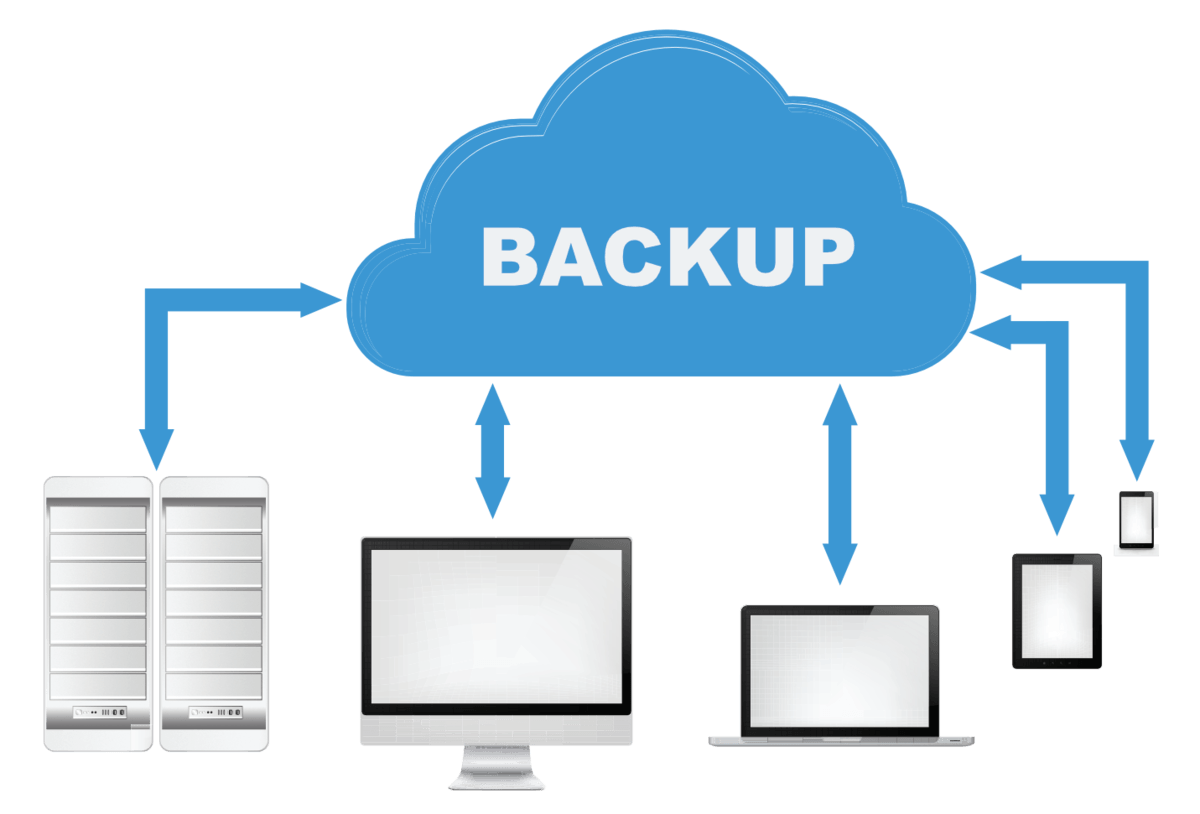Easy-to-use Enterprise offsite Backup Tips and Tricks
Organizations must overcome the urgent challenge of protecting their priceless data as digital data storage becomes more and more important. By offering safe and easily accessible storage for important data, cloud database backup offers a remedy. In this article, we'll go over the significance and advantages of cloud database backup as well as the best methods for putting it into practice and effectively managing it.
- Recognizing Cloud Database Backup
The act of storing copies of your database online in a remote server or data center is referred to as cloud database backup. Data redundancy, hardware failure protection, natural disasters, and cyber threats are all guaranteed by the off-site backup solution it offers.
Secure Remote Backup Solutions For Small Business Compliance Checklist
- Cloud database backup benefits:

Data redundancy: By storing data across multiple servers, hardware failures and disasters are less likely to result in data loss.
Scalability: Depending on your needs, cloud backup makes it simple to scale up or down your storage requirements.
Accessibility: With cloud backup, any internet-connected device will allow you to access your data whenever and wherever you want.
Cost-effectiveness: Cloud backup does away with the need to spend money on expensive backup personnel, infrastructure, and maintenance.
Automated Backups: By automating scheduling and incremental backups, cloud backup services frequently eliminate the need for manual backup.
Automated Cloud Based Backup For Small Business Guide
- Picking the best Cloud Database Backup Service:
Take into account the following when choosing a cloud database backup provider:
- Security Measures: Make sure the service provider uses strong security measures like compliance certifications, access controls, and encryption.
- Reliability: Look for businesses that have a solid reputation for dependability and long-term warranties.
- Scalability: Verify that the service provider provides storage options that can adapt to your expanding data requirements.
Data transfer speed: Take into account the provider's bandwidth and network infrastructure for quick and effective data transfers.
Sophisticated Remote Backup Server Software Must-Haves
- Using cloud database backup to implement:
Use the following best practices to implement cloud database backup:
- Define Backup Policies: Clearly specify your backup needs, including the frequency, retention, and recovery point goals.
- Encryption: To guarantee the integrity and confidentiality of your data, encrypt it before moving it to the cloud.
- Regular Testing: Verify the veracity and thoroughness of your backups by regularly testing the restoration process.
Implement monitoring and alerting systems to quickly identify problems or failures in the backup process.
- Disaster Recovery Plan: Create a thorough disaster recovery plan that outlines how to remote server backup software retrieve data in the event of an emergency.
Real-time Backup As A Service Providers For the Modern Era

- Cloud database backup management:
Continuous monitoring and upkeep are necessary for managing cloud database backup. Think about the following advice:
- Regularly Monitor Backups: Keep an eye on the backup procedure to make sure it's finished successfully and quickly fix any mistakes or failures.
Update Backup Policies: To keep up with evolving business requirements and compliance requirements, periodically review and update your backup policies.
- Retention Management: Depending on legal requirements and business priorities, control how long your backups are kept.
Implement data archiving techniques to transfer rarely accessed data to cost-effective storage tiers while maintaining accessibility.
Periodic Reviews: Examine your cloud database backup strategy on a regular basis to spot areas for improvement and make sure it aligns with company objectives.
Tailored Cloud To Cloud Backup For Large Enterprises
Important Notes:
Data redundancy, scalability, accessibility, cost efficiency, and automated backups are just a few of the advantages of cloud database backup, which offers secure and accessible storage for important data.
- When selecting a provider, take security precautions into account, as well as dependability, speed of data transfers, and reliability.
Creating backup policies, Recommended Site encryption, routine testing, monitoring and alerting, and creating a disaster recovery plan are all components of cloud database backup implementation.
Regularly monitoring backups, updating backup policies, managing retention, implementing data archiving, and conducting periodic reviews are all necessary to effectively manage cloud database backup.

Remember that protecting the sensitive data in your organization requires the implementation of a strong cloud database backup strategy. To guarantee data security, accessibility, and business continuity, embrace the power of cloud backup.
Efficient Remote Backup Iphone For Startups
Key Takeaways or a related term
Data redundancy and protection from hardware failures or disasters are guaranteed by cloud database backup.
Scalability, accessibility, cost effectiveness, and automated backups are just a few of the advantages.
When selecting a provider, take security precautions into account, as well as dependability and data transfer speed.
- Adopt best practices like encryption, regular testing, monitoring and alerting, disaster recovery planning, and backup policy definition.
Monitoring backups, updating policies, managing retention, putting data archiving into place, and conducting periodic reviews are all components of effective management.